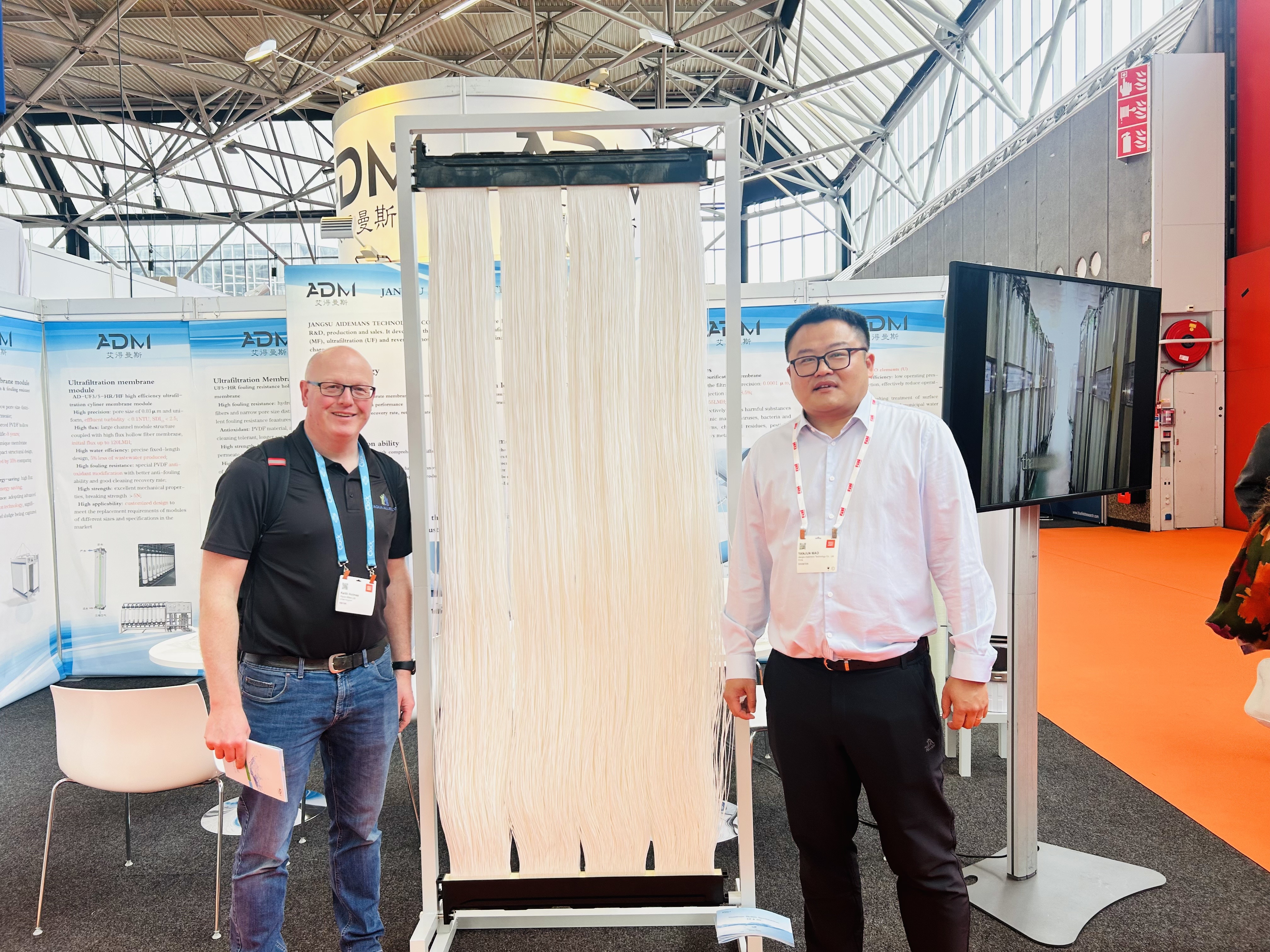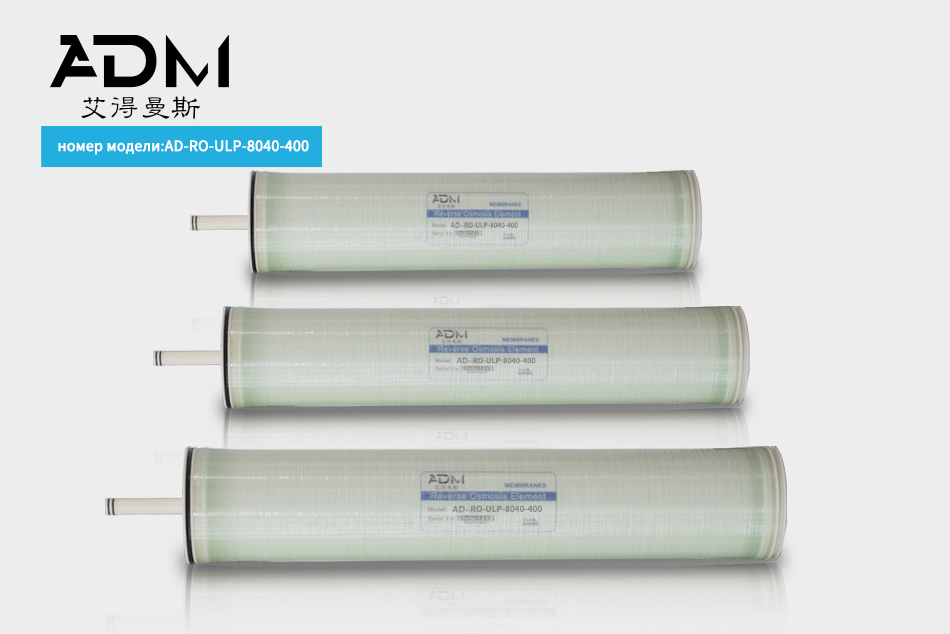Understanding Ultra Pure Water Reverse Osmosis: A Key Player in Industrial Filtration
Release time:
2025-09-22
Ultra Pure Water Reverse Osmosis (RO) is an advanced filtration technology that plays a crucial role in producing high-quality water for various industrial applications. The process involves forcing water through a semi-permeable membrane that removes contaminants and impurities, resulting in ultra-pure water. This technology is especially important in industries such as pharmaceuticals, electroni
Ultra Pure Water Reverse Osmosis (RO) is an advanced filtration technology that plays a crucial role in producing high-quality water for various industrial applications. The process involves forcing water through a semi-permeable membrane that removes contaminants and impurities, resulting in ultra-pure water. This technology is especially important in industries such as pharmaceuticals, electronics manufacturing, and power generation, where water purity is critical to product quality and operational efficiency.
One of the main advantages of ultra-pure water reverse osmosis is its ability to remove a wide range of contaminants, including salts, organics, bacteria, and other impurities that can compromise the integrity of industrial processes. The semi-permeable membrane used in RO systems has very small pores, enabling it to effectively separate unwanted substances from the water. This high level of filtration ensures that the water meets stringent quality standards required in sensitive applications.
In addition to producing ultra-pure water, reverse osmosis systems are designed to be efficient and cost-effective. They typically require less energy than traditional distillation methods, as they operate at lower temperatures. This not only reduces operational costs but also minimizes the environmental impact associated with high energy consumption. Moreover, RO systems can be customized to meet the specific needs of different industries, making them versatile solutions for various filtration challenges.
Another important aspect of ultra-pure water reverse osmosis is its maintenance and operational reliability. Regular maintenance is essential to ensure that the RO system operates at optimal performance levels. This involves monitoring the membrane condition, checking for any fouling or scaling, and replacing filters as needed. By adhering to a proactive maintenance schedule, industries can prolong the lifespan of their filtration systems and avoid costly downtime due to unexpected failures.
Furthermore, the role of ultra-pure water in industrial applications cannot be overstated. For example, in the pharmaceutical industry, the quality of water used in drug manufacturing is critical, as impurities can alter chemical reactions and affect product safety. Similarly, in the electronics sector, ultra-pure water is necessary for cleaning components to prevent defects and ensure reliability in end products.
In conclusion, ultra pure water reverse osmosis is a vital technology that enhances water quality and supports various industrial processes. Its effectiveness in removing contaminants, coupled with efficiency and customization options, makes it an indispensable tool in the realm of industrial filtration. Understanding its principles and maintenance needs is essential for industries seeking to optimize their operations and ensure product integrity. By investing in ultra-pure water reverse osmosis systems, businesses can achieve their water quality goals and contribute to their overall success.
One of the main advantages of ultra-pure water reverse osmosis is its ability to remove a wide range of contaminants, including salts, organics, bacteria, and other impurities that can compromise the integrity of industrial processes. The semi-permeable membrane used in RO systems has very small pores, enabling it to effectively separate unwanted substances from the water. This high level of filtration ensures that the water meets stringent quality standards required in sensitive applications.
In addition to producing ultra-pure water, reverse osmosis systems are designed to be efficient and cost-effective. They typically require less energy than traditional distillation methods, as they operate at lower temperatures. This not only reduces operational costs but also minimizes the environmental impact associated with high energy consumption. Moreover, RO systems can be customized to meet the specific needs of different industries, making them versatile solutions for various filtration challenges.
Another important aspect of ultra-pure water reverse osmosis is its maintenance and operational reliability. Regular maintenance is essential to ensure that the RO system operates at optimal performance levels. This involves monitoring the membrane condition, checking for any fouling or scaling, and replacing filters as needed. By adhering to a proactive maintenance schedule, industries can prolong the lifespan of their filtration systems and avoid costly downtime due to unexpected failures.
Furthermore, the role of ultra-pure water in industrial applications cannot be overstated. For example, in the pharmaceutical industry, the quality of water used in drug manufacturing is critical, as impurities can alter chemical reactions and affect product safety. Similarly, in the electronics sector, ultra-pure water is necessary for cleaning components to prevent defects and ensure reliability in end products.
In conclusion, ultra pure water reverse osmosis is a vital technology that enhances water quality and supports various industrial processes. Its effectiveness in removing contaminants, coupled with efficiency and customization options, makes it an indispensable tool in the realm of industrial filtration. Understanding its principles and maintenance needs is essential for industries seeking to optimize their operations and ensure product integrity. By investing in ultra-pure water reverse osmosis systems, businesses can achieve their water quality goals and contribute to their overall success.
Previous Page:


